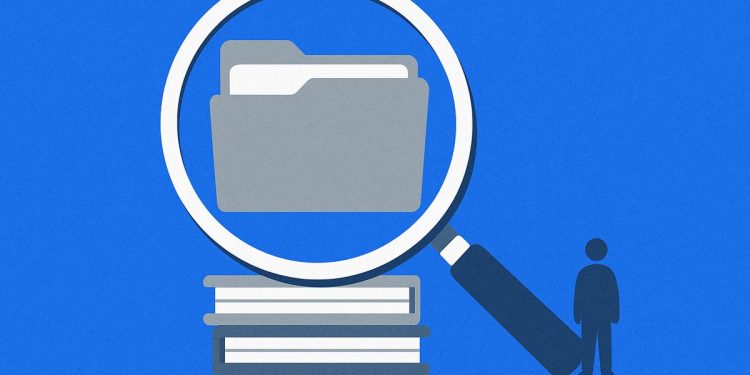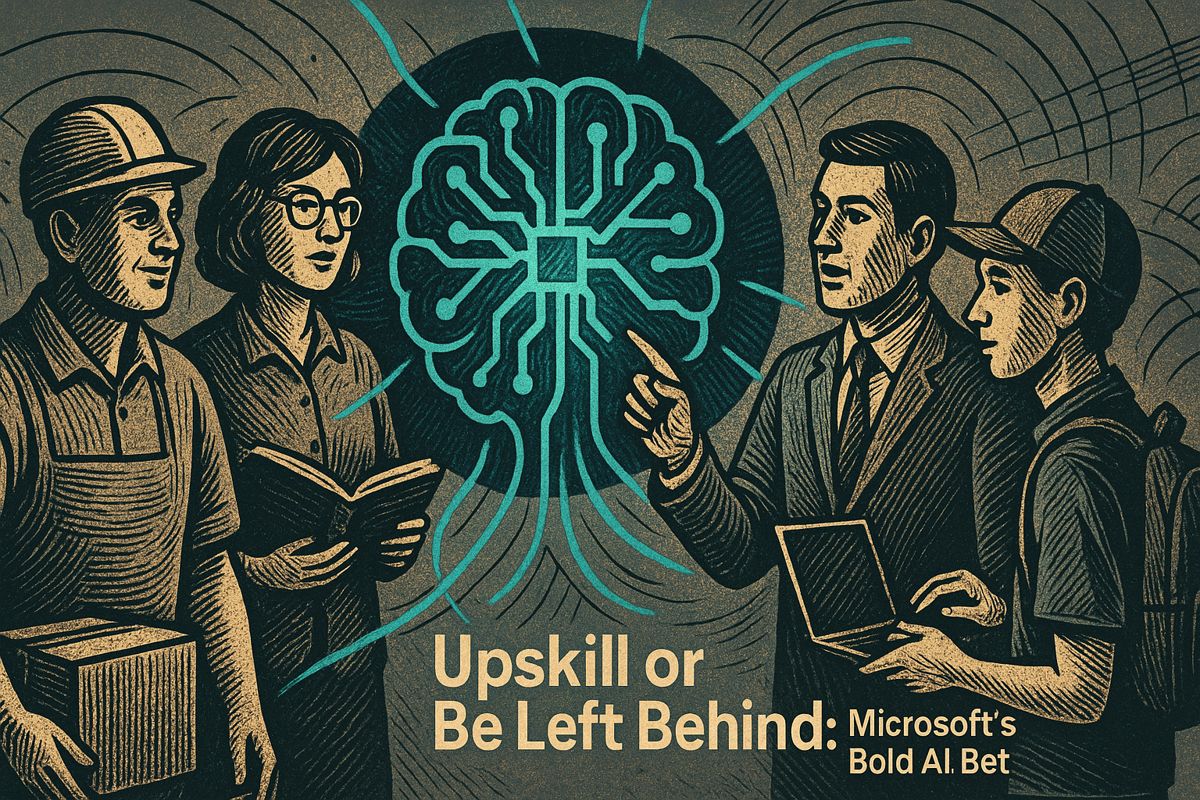Dropbox’s Working Smarter podcast explores the real-world impact of its Dash AI tool through candid conversations with professionals. Listeners follow stories from Formula 1 engineers optimizing pit-stop prep to project managers finishing reports in record time. The show’s premise is simple: detail a specific workplace problem and show how AI provided the solution.
This narrative approach is timely, as productivity gaps continue to widen. While reports cite significant metrics – such as a Microsoft Cloud Blog post noting 30-40 minutes saved per employee daily – Working Smarter episodes translate these statistics into relatable, human-centric case studies.
Ultimately, the podcast serves as a field guide for teams seeking practical, secure, and measurable methods for integrating AI into their daily workflows.
Working Smarter: A Podcast on Real-World AI Applications at Work in action
The podcast highlights how Dropbox Dash, an AI-powered universal search tool, solves concrete business problems. By featuring guest stories, the show demonstrates how Dash unifies information from multiple apps to provide instant summaries, answer questions, and organize project-specific data, showcasing tangible productivity gains for various professional roles.
Most guest narratives center on Dropbox Dash, the “AI teammate” at the core of each episode. The tool’s capabilities, expanded in its fall 2025 release, include multimodal search across platforms like Google Drive, Slack, and OneDrive. For instance, a user can ask Dash to “summarize every Q3 campaign slide,” and it will scan all connected apps to deliver a bulleted summary with linked source files.
Dash’s primary appeal lies in its deep workflow integration rather than novelty. It allows users to create “Stacks” – intelligent workspaces that bundle files, links, and notes for a project. Within a Stack, users can ask context-aware questions. Security is streamlined, inheriting existing Dropbox permissions to prevent sensitive data exposure, and its self-service setup empowers teams of any size.
Quick-scan Dash capabilities
- Universal search across files, emails, and cloud apps using natural language.
- Instant answers and summaries with citations to original sources.
- “Stacks” for organizing projects and enabling contextual Q&A.
- Automated security checks that flag open links and stale permissions.
- Multimodal indexing for video, audio, and images, powered by the Mobius Labs acquisition.
Guest segments directly connect these features to measurable outcomes. One episode details how a customer support agent cut ticket resolution time by 20% using Dash-generated templates. Another features an F1 data analyst who saved eight hours on weekly reports by querying telemetry data within a single Stack. These stories align with academic research, which found AI assistance can boost productivity by up to 30% for less experienced employees (The Quarterly Journal of Economics, 2024).
Measuring the microphone effect
While the podcast is a marketing channel, Dropbox focuses on performance metrics over vanity numbers. With listener completion and retention rates exceeding 80%, the show performs at the top tier for B2B podcasts. The company tracks conversions through custom UTM-coded signup links in each episode, linking podcast engagement to a reported 23% increase in deal velocity.
The show’s content strategy is iterative, driven by listener feedback submitted via an embedded form. Responding to requests for more creative problem-solving stories over technical deep-dives, upcoming episodes will feature professionals like a theater lighting designer and a nonprofit volunteer coordinator using Dash AI in unique ways.
The podcast maintains its appeal through a cross-industry focus, balancing executive-level wins with practical frontline solutions. By sidestepping AI hype in favor of quantifiable progress – hours saved, errors reduced, and innovations launched – Working Smarter delivers concrete proof of value in an era of accelerating AI adoption.
What is the Working Smarter podcast about?
Working Smarter is Dropbox’s new limited-series podcast that lets real professionals tell their own stories of using AI on the job. Each 20- to 30-minute episode moves from the F1 pit lane to restaurant kitchens to show how people are shaving hours off weekly routines, cutting research time, and turning small “what-if” ideas into team-wide wins. The common thread: all guests rely on Dropbox Dash as their AI teammate to search, summarise, and share knowledge across the apps they already use.
How does Dropbox Dash actually save time for teams?
According to early adopters on the show, Dash’s context-aware universal search is the biggest clock-saver. One procurement officer said she reclaimed 30-40 minutes a day after Dash started surfacing contract versions from Google Drive, Slack, and Dropbox without her having to remember exact file names. Creative teams like Sandvik Coromant report up to 30 % faster project kick-offs because Dash auto-assembles reference stacks and summarises last year’s campaign assets in plain language.
Who should listen and what will they take away?
The target listener is any knowledge worker who is curious but sceptical about AI. Episodes are built as before-and-after narratives: the guest describes life pre-AI, the exact moment Dash clicked for them, and the measurable knock-on effects (hours saved, deals closed faster, or even personal promotions). Dropbox says the goal is “turning listeners into experimenters” by proving that you do not need to be a data scientist to benefit from AI.
What proof does Dropbox share that the stories are real?
Every statistic mentioned in an episode is cross-posted on the companion site workingsmarter.ai along with anonymised dashboards and short video clips. For example, Toshiba’s feature shows the actual 5.6 hours per employee per month the team saved after rolling out Dash across 10 000 seats. Dropbox also invites listeners to duplicate templates (Dash stacks, prompt libraries) so results can be tested independently.
How is success measured – for the podcast and for Dash?
Internally, Dropbox tracks three podcast metrics:
1. episode completion rate (currently 82 %, above the B2B average of 71 %),
2. UTM-tagged landing-page visits that convert to Dash wait-list sign-ups, and
3. sales-cycle velocity for prospects who mention the podcast – those deals close 23 % faster.
For Dash itself, the North-Star figure is weekly active stacks (shared workspaces) per account; teams that maintain three or more stacks show 90 % month-over-month retention, a proxy for long-term value.



















